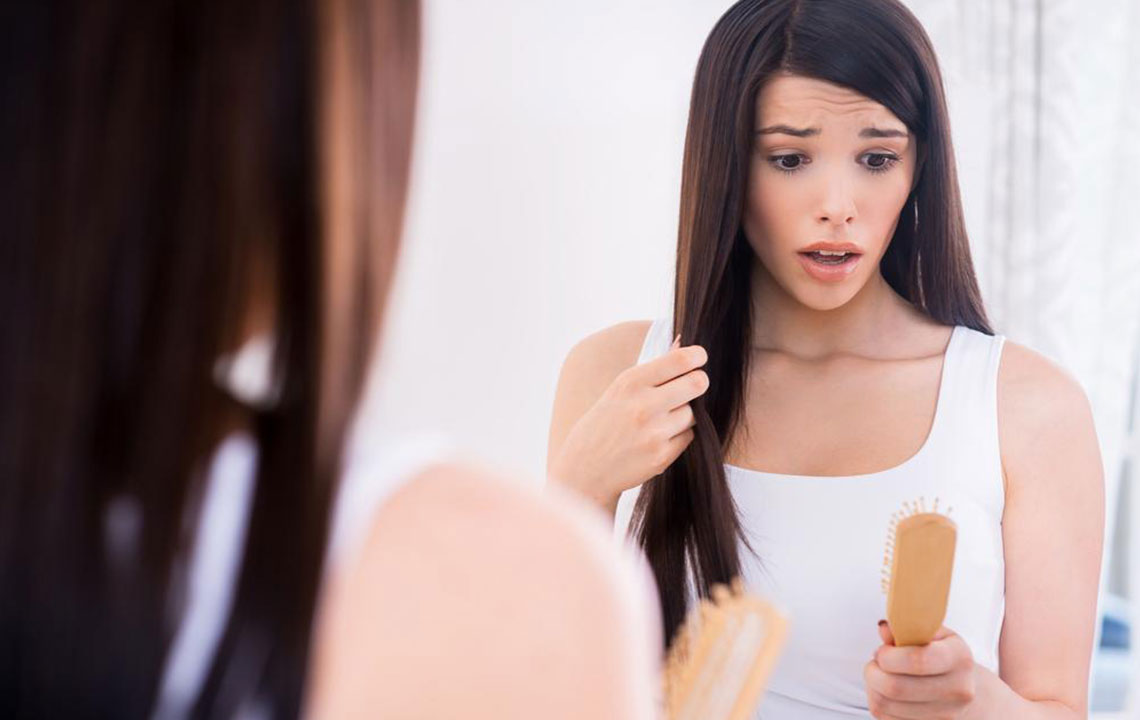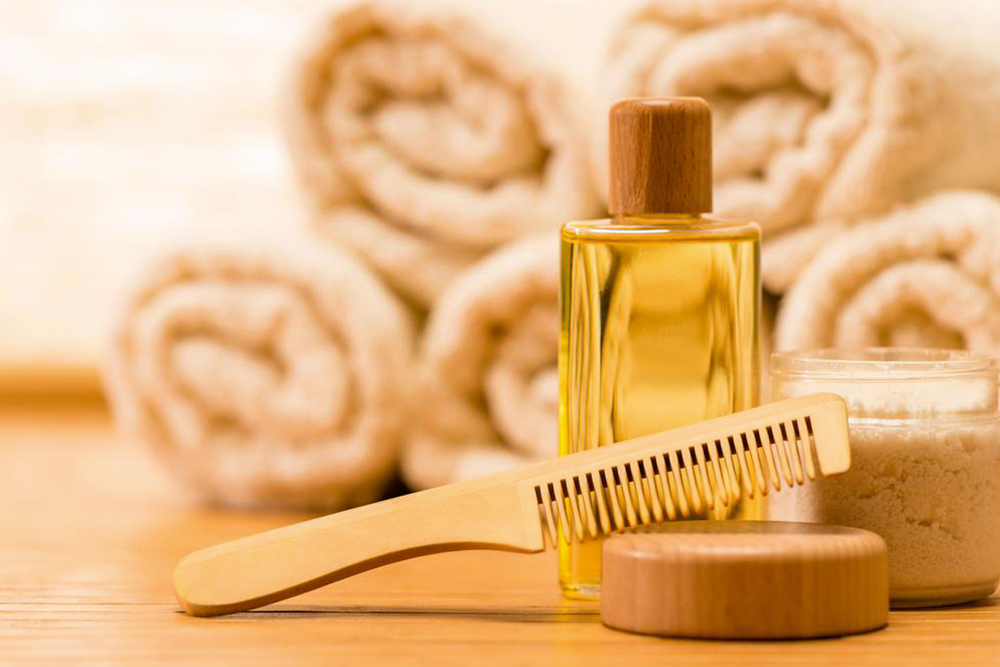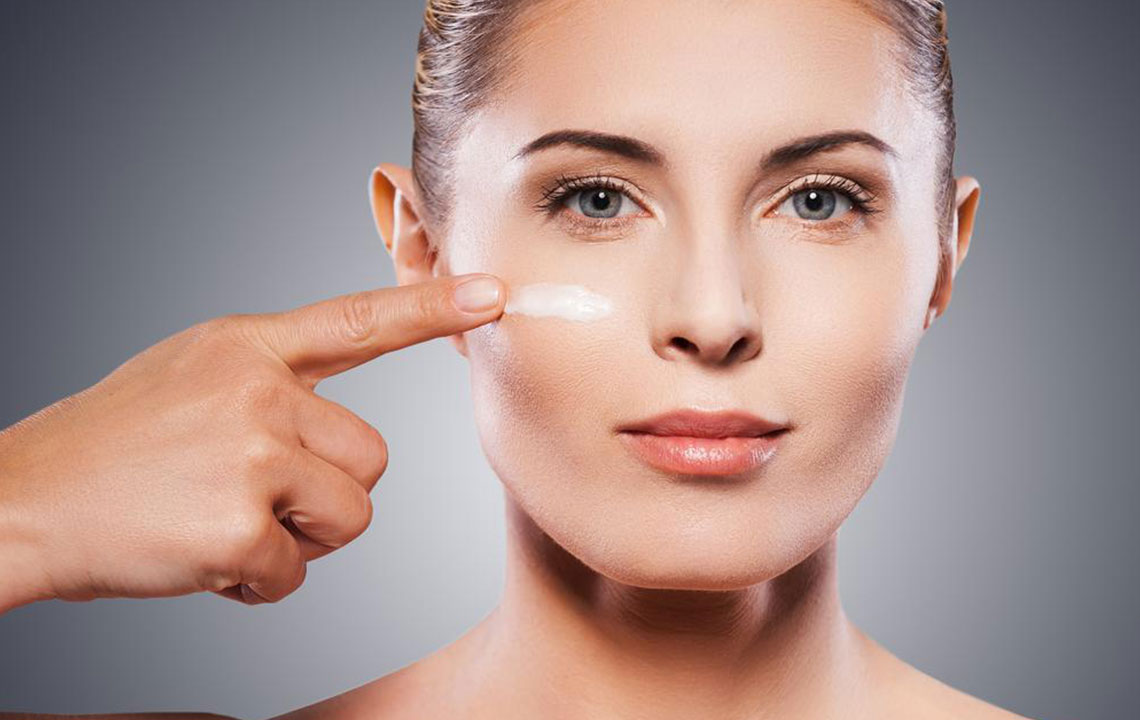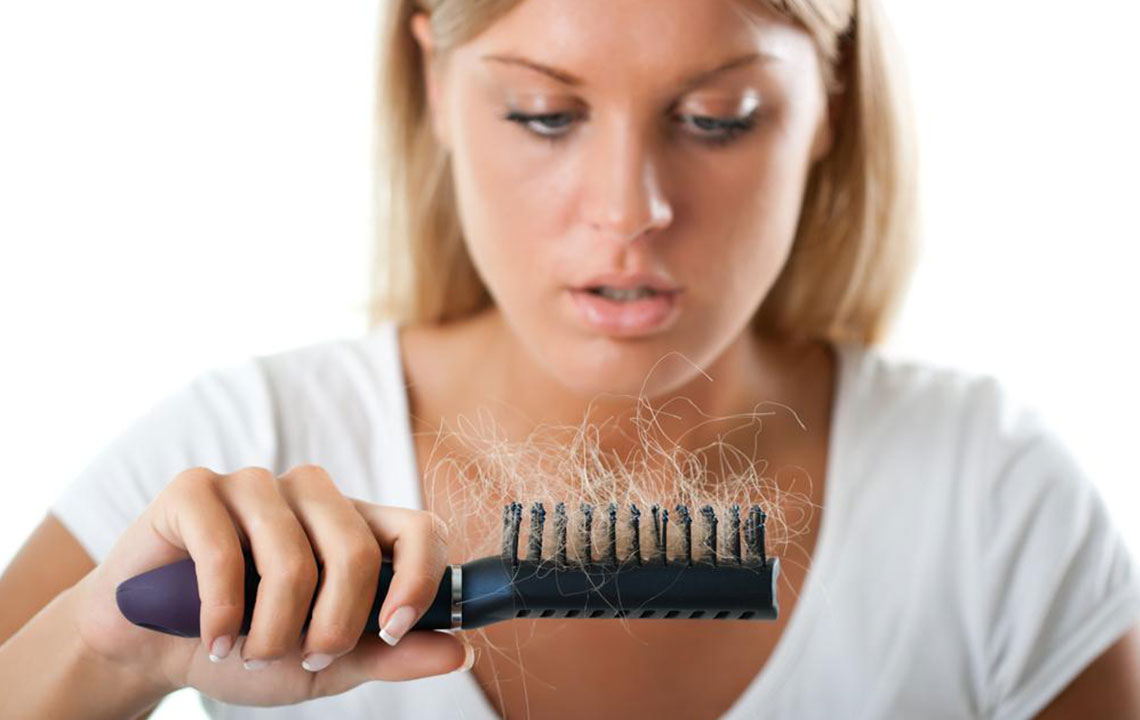Ultimate Guide to Effective Women’s Hair Loss Treatments and Remedies
This comprehensive guide explores various effective treatments and remedies for women's hair loss, including topical solutions like minoxidil, hormonal therapies, surgical options such as hair transplants, and lifestyle changes. It emphasizes the importance of personalized care and professional consultation to achieve optimal hair health. By understanding the causes of hair thinning and exploring available options, women can take proactive steps towards restoring their hair and confidence.

Ultimate Guide to Effective Women’s Hair Loss Treatments and Remedies
For countless women, experiencing excessive hair shedding can become a distressing issue that impacts not just appearance but also self-esteem and confidence. Hair loss in women can range from subtle thinning of the hair strands to more severe forms like significant bald patches or even total baldness in some cases. Understanding the root causes behind hair thinning is crucial for choosing appropriate treatments. Factors such as genetics, hormonal fluctuations, nutritional deficiencies, medical conditions, and psychological stress all contribute to hair health. Fortunately, advancements in medical science and natural remedies provide various options to help stimulate healthy hair growth, improve scalp vitality, and restore confidence.
The most common pattern of hair loss in women is female pattern hair loss (FPHL), also known as androgenetic alopecia. This condition results from a combination of genetic and hormonal influences, leading to diffuse hair thinning across the scalp, and in some cases, localized bald patches. Addressing female hair loss requires a comprehensive approach tailored to individual needs, which may include medical treatments, lifestyle changes, and sometimes surgical procedures.
There are numerous effective strategies and remedies available today to combat hair loss, strengthen the scalp, and promote natural hair regeneration. These options include medically approved topical solutions, hormonal therapies, surgical interventions, and natural supplements. Here is a detailed overview of some of the most popular and scientifically-supported treatments.
Topical Solutions: Minoxidil
Originally developed to treat high blood pressure, minoxidil's side effect of hair growth was discovered serendipitously. This topical medication has become one of the most widely used treatments for women experiencing hair thinning and early baldness. Applying minoxidil directly to the scalp stimulates hair follicles, increases blood circulation, and encourages new hair growth. Consistent application over months is essential to see visible results. Patients should adhere to the prescribed regimen, and it's important to note that discontinuing treatment might lead to hair loss resuming. Minoxidil is available over the counter, making it an accessible first-line option for women seeking to improve scalp vitality.
Hormonal Therapy: Estrogen and Progesterone
Hormonal fluctuations play a significant role in female hair health. Particularly during menopause or due to other hormonal imbalances, levels of estrogen and progesterone drop, which can accelerate hair thinning. Hormone replacement therapy (HRT), involving medications like estrogen supplements or creams, aims to restore hormonal balance, potentially reducing hair loss and promoting regrowth. Women considering hormonal therapy should consult healthcare professionals to evaluate benefits and risks, as such treatments may have side effects like increased risk of blood clots or other health issues. Regular monitoring and personalized treatment plans are vital for optimal results.
Hair Transplant Surgery
For women seeking permanent solutions, hair transplant procedures offer a viable option. This surgical method involves extracting healthy hair follicles, typically from areas resistant to balding such as the back of the head, and transplanting them into thinning or bald regions. Although invasive and requiring recovery time, hair transplants can provide natural-looking, long-lasting results. Multiple sessions may be necessary depending on the extent of hair loss. Post-surgery care and following physician instructions are crucial to ensure graft survival and minimize complications such as scarring or infection. This approach is often recommended for women with localized bald patches or advanced hair loss resistant to medical treatments.
Medications: Cimetidine, Ketoconazole, Cyproterone Acetate, and Oral Contraceptives
Several off-label medications and hormonal therapies have shown promising results in managing female hair loss. Cimetidine, originally used for gastrointestinal ulcers, blocks histamine receptors and inhibits the production of dihydrotestosterone (DHT), a hormone linked to hair follicle miniaturization. When marketed as Tagamet, it’s occasionally used off-label for hair regrowth. Ketoconazole shampoo, typically prescribed for fungal scalp infections, also reduces androgen production, which can be beneficial in androgenetic alopecia. Cyproterone acetate, a potent anti-androgen, helps block androgen receptors and is effective in managing severe hirsutism and hormone-driven hair loss, especially in women with elevated androgen levels. Oral contraceptives help regulate hormonal imbalances by preventing excess androgen production in ovaries, thereby reducing hair thinning. However, these medications require medical supervision due to potential side effects like blood clots, hormonal disturbances, or other health concerns.
Lifestyle and Nutritional Approaches
Beyond medical interventions, adopting a healthy lifestyle and balanced diet significantly influences hair health. Nutrition rich in vitamins A, C, D, E, biotin, zinc, and iron supports hair strength and growth. Regular intake of fruits, vegetables, nuts, lean proteins, and whole grains can help provide the necessary nutrients. Managing stress through yoga, meditation, or physical activity also minimizes the hormonal disruptions that contribute to hair loss. Avoiding harsh chemical treatments, excessive heat styling, and tight hairstyles protects hair integrity. Additionally, maintaining scalp hygiene and using gentle, nourishing hair care products can prevent further damage and bolster hair vitality.
In conclusion, women experiencing hair loss have multiple effective options available to promote healthy hair growth and restore their confidence. Consulting healthcare professionals for personalized diagnosis and treatment is essential. Combining medical therapies with lifestyle adjustments can provide the best outcome and long-term hair health.





